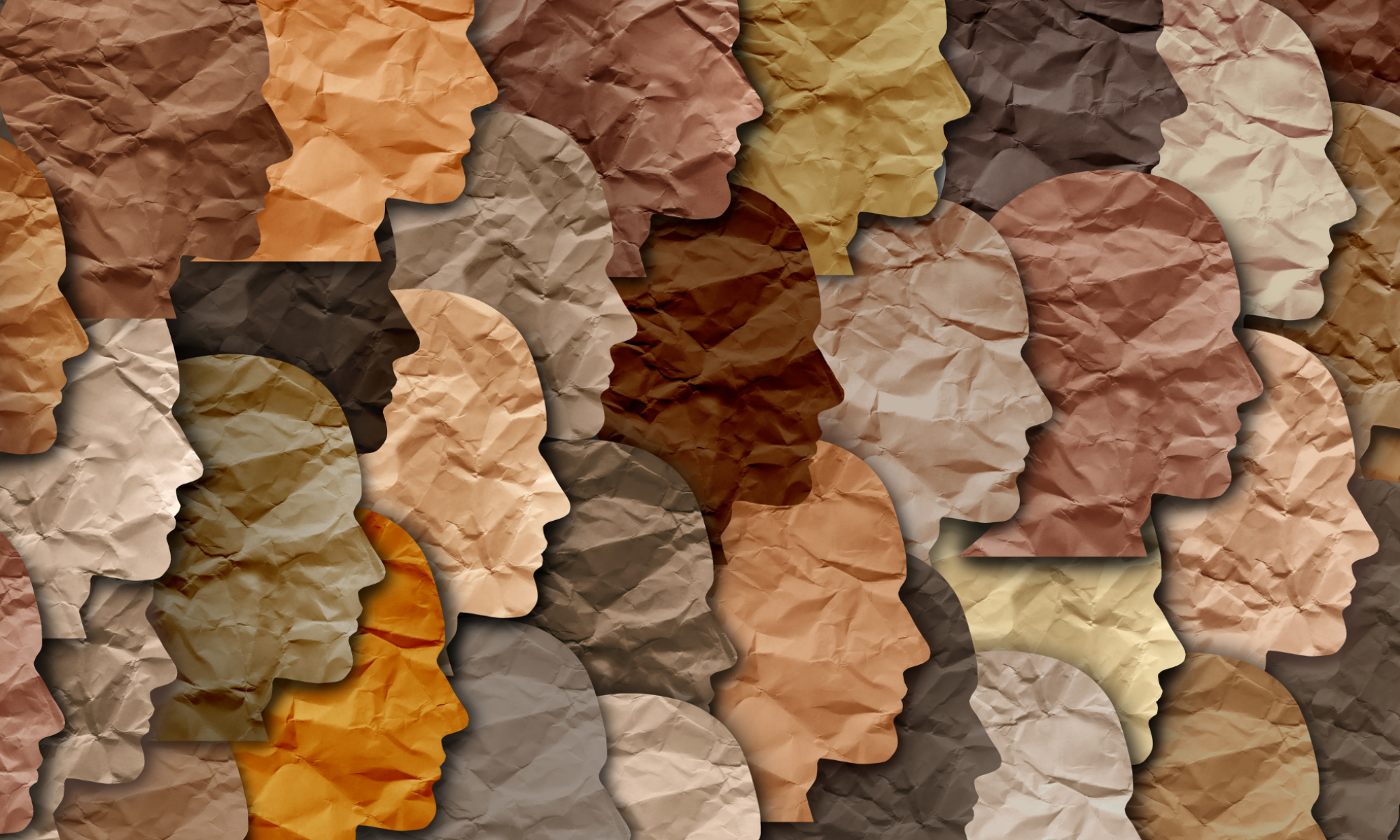Generations later, still enslaved to the colonial past through language
By: Sabeena
I speak two languages fluently: Urdu and English.
Urdu is the national language of Pakistan and also my mother tongue. I started learning English in school at the age of five.
Education in Pakistan is available both in English and Urdu, but with a very visible social divide. Private schools have education solely in English (with Urdu taught as a subject till grade 12), whereas public schools have education in Urdu and English both (with a greater tilt towards Urdu).
It was only after I moved to Germany and began learning the German language, I started realizing deeply rooted unsettling issues with the predominant mindset in my country regarding our national language.
Pakistan is a relatively young country with 74 years of existence. However, it has a rich history and culture. Pakistan also has a colonial past. India was colonized by the British about 300 years back. When the people of the subcontinent struggled for their freedom and the British finally left India for good, Pakistan was born in 1947 as a result of partition from India.
Although our colonizers left us 74 years back, there are still deep-rooted complexes found in the mindset of many from my part of the world. For one, we hold the English language in extremely high regard. We are taught English from a very young age, which I guess is good for fitting in the world as English is widely spoken and understood worldwide.
However, the mindset of my people towards English is where I see we are still mentally enslaved to our colonial past. We are more focused on learning English. English is associated with the image of an educated qualified person. People scoff at those who can’t speak English properly.
Parents start speaking English with their children from a young age and proudly say, “My kid only speaks English and doesn’t understand Urdu” — as if speaking Urdu is something to be ashamed about. Young adults would laugh at not knowing certain Urdu words, as means of proving “they are too cool to know Urdu”.
I was part of the same mindset. From a young age, my focus had always been on improving my English. I remember when I got a B in Urdu in my O’ Levels exam I laughed saying, “I don’t know Urdu.” I am fairly certain I would have felt dejected had I gotten that B in English instead. I focused on reading English books and newspapers only and rarely read anything in Urdu.
It took me a lot of time to start speaking German. My pronunciation was not good, my sentences were grammatically wrong (still are), and I always had this mental image from my youth where people would laugh if you spoke English poorly. That mental image always held me back from speaking German as I feared people would laugh at me here too because I don’t speak correctly.
To my surprise, no one laughed at me. They always wait patiently for me to form a sentence, and always respond in a manner that I understand. To my shock, they even compliment my poor language skills by saying, “Your German is so good” (it isn’t).
“My pronunciation was not good, my sentences were grammatically wrong (still are), and I always had this mental image from my youth where people would laugh if you spoke English poorly”
All of my German friends speak English but none of them considers it as a matter of pride or a sign of being an educated or qualified person. They always treat English as an additional language; a language they know on top of their own language.
However, we back home in Pakistan have always held English in higher regard. Something we are proud to know; something we associate with ‘being educated’ and ‘being elite.’
I wonder if this has to do with our colonial past. When the British came they reserved higher ranking jobs for people who spoke English, and people who didn’t speak English were left with no choice but to take up jobs that didn’t require education such as cleaning staff, errand boys, etc. Therefore, people at that time made it a point to teach their children English so they could secure better paying jobs.
For some reason, this mindset has stuck with us since then. We still associate English with being educated and qualified, even though the employer is no longer an English speaker.
Language is an identity for many, when humans see one another speaking the same language they consider them to be similar and bond over their similarities. This is why colonizers take away the language first. I remember reading Trevor Noah’s book Born a Crime sometime back and a passage from the book stuck with me.
The architects of colonization knew this and used the language as a means to divide people into class systems; whereby one set assumed itself to be above the other and looked down upon them. Not realizing that they were both looked down upon by their colonial master.
The result of this has seen many people in my part of the world including myself revere our colonizer’s language more than our own.
“Language brings with it an identity and a culture, or at least the perception of it. A shared language says ‘We’re the same.’ A language barrier says ‘We’re different.’”
This will not change unless we do away with the shame associated with our language. Until we realize that English is an additional language that we learn on top of our own language, the mindset will not change. It will take years to unlearn the complexes we have passed down generations.
I definitely do not mean that we discard English — only that we give Urdu its due. That we don’t look down on our language anymore. That we embrace it and no longer scoff at people who don’t speak English well. After all, it is technically the second language of Pakistan.
Republished with permission from author, originally published on Without Borders
About the author

Sabeena
“I am on a journey of self-awareness; unlearning old patterns as I make space for new lessons. Putting thoughts to paper has helped me navigate this path. I write about Patriarchy, Colonialism, and Self-growth. I am an avid yogi and love to read. I find stories of finding hope and making your own path most inspiring.”





